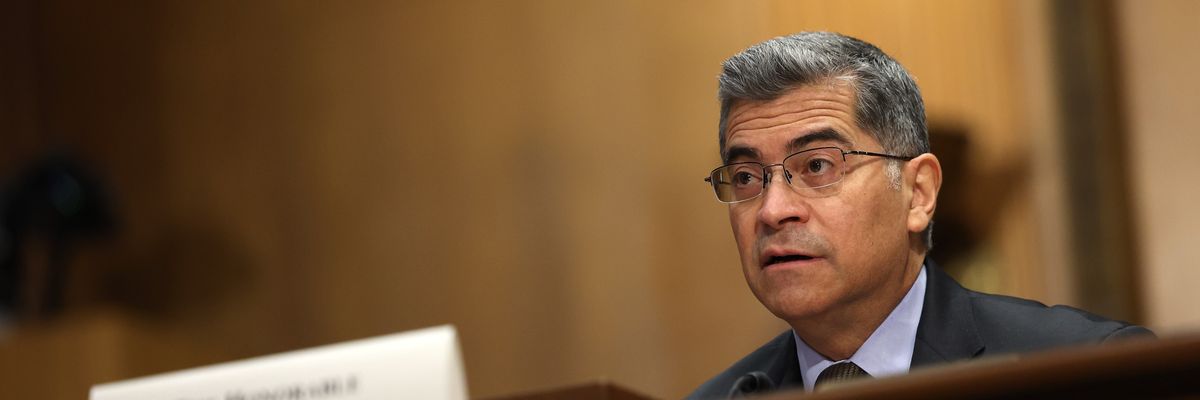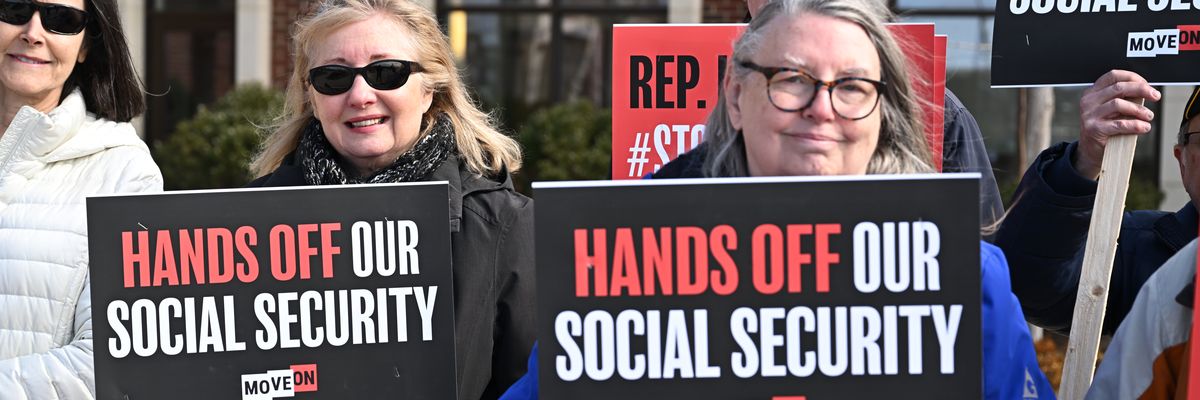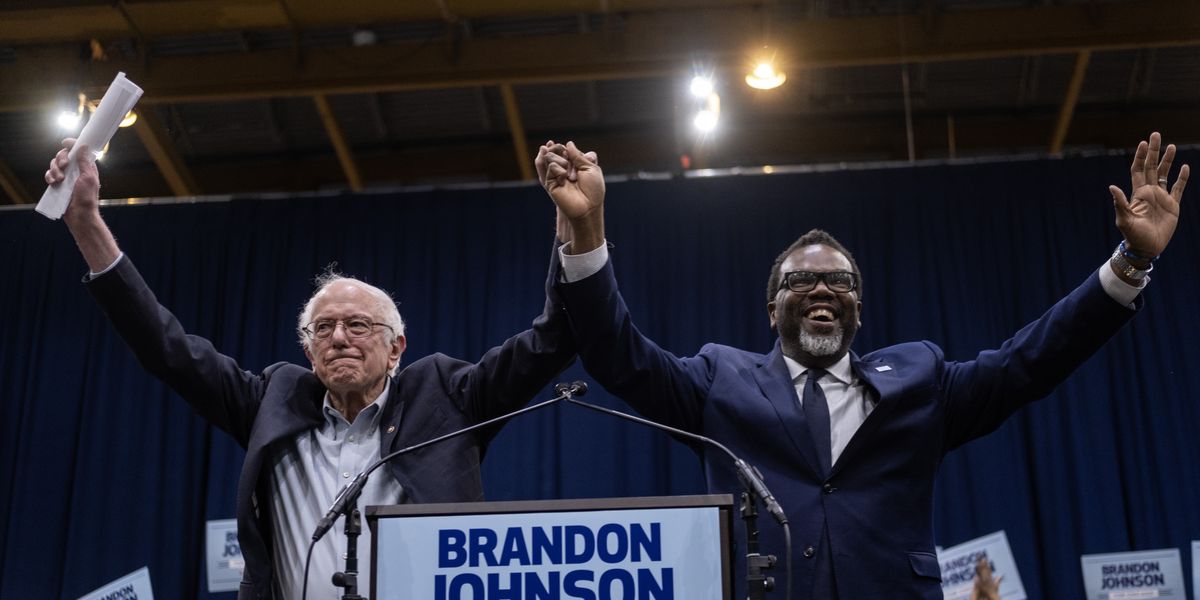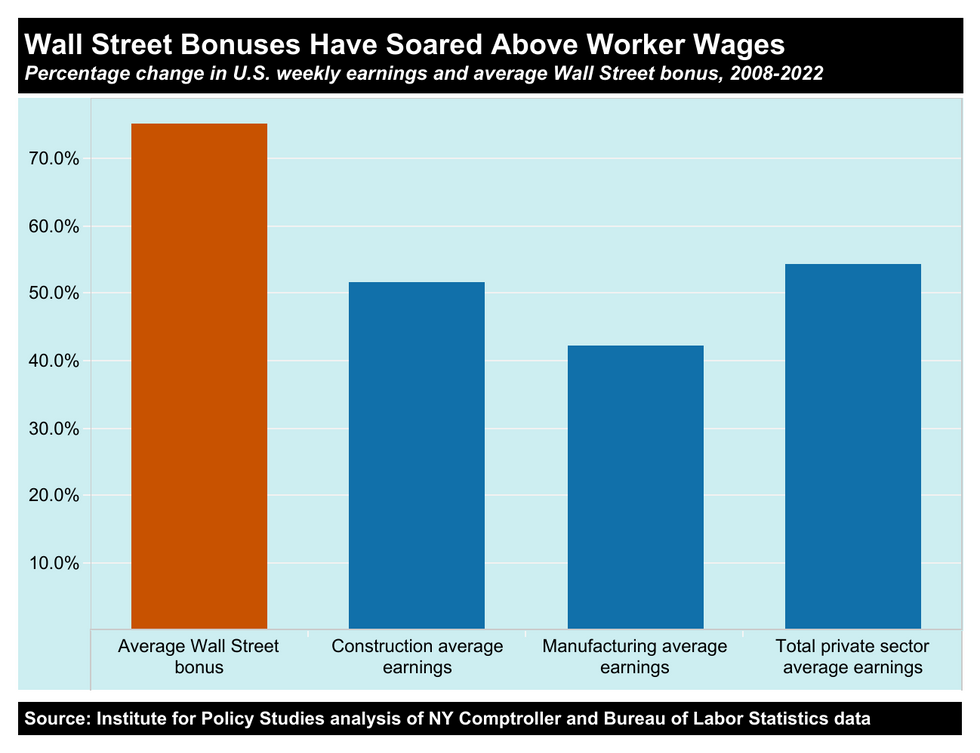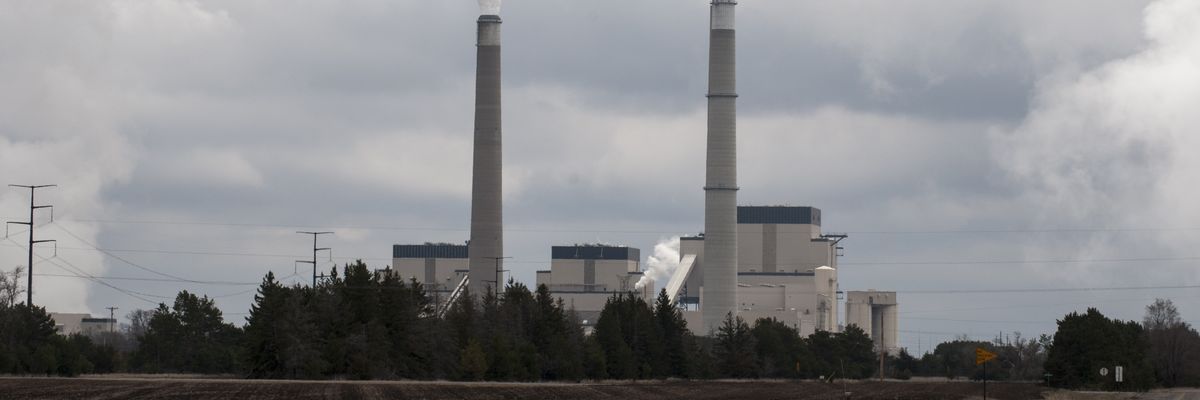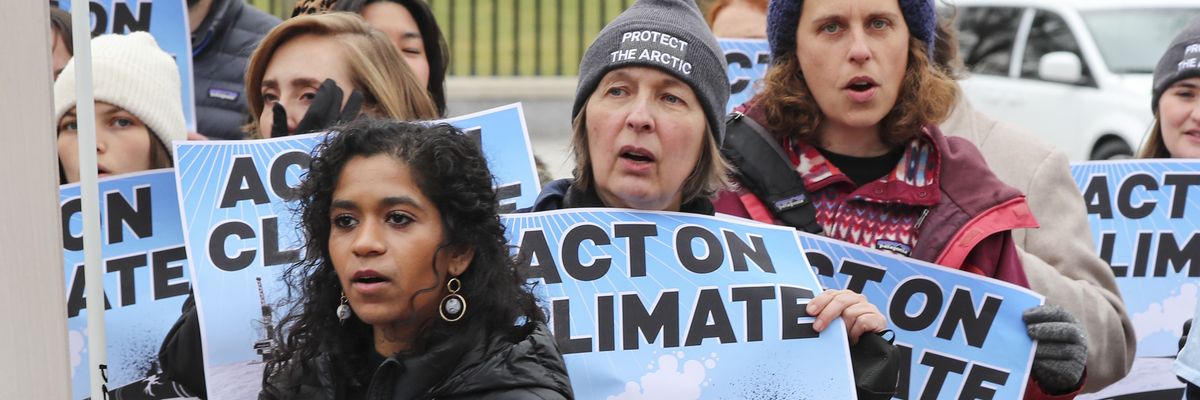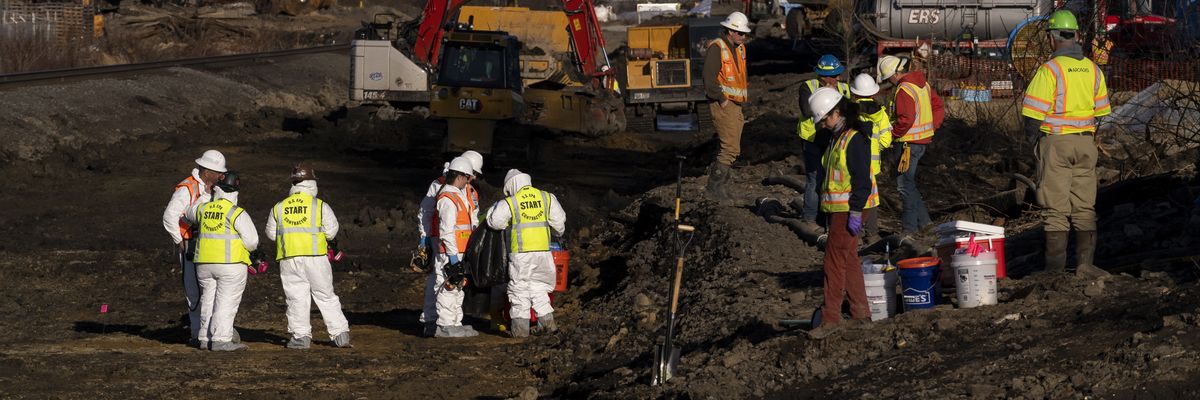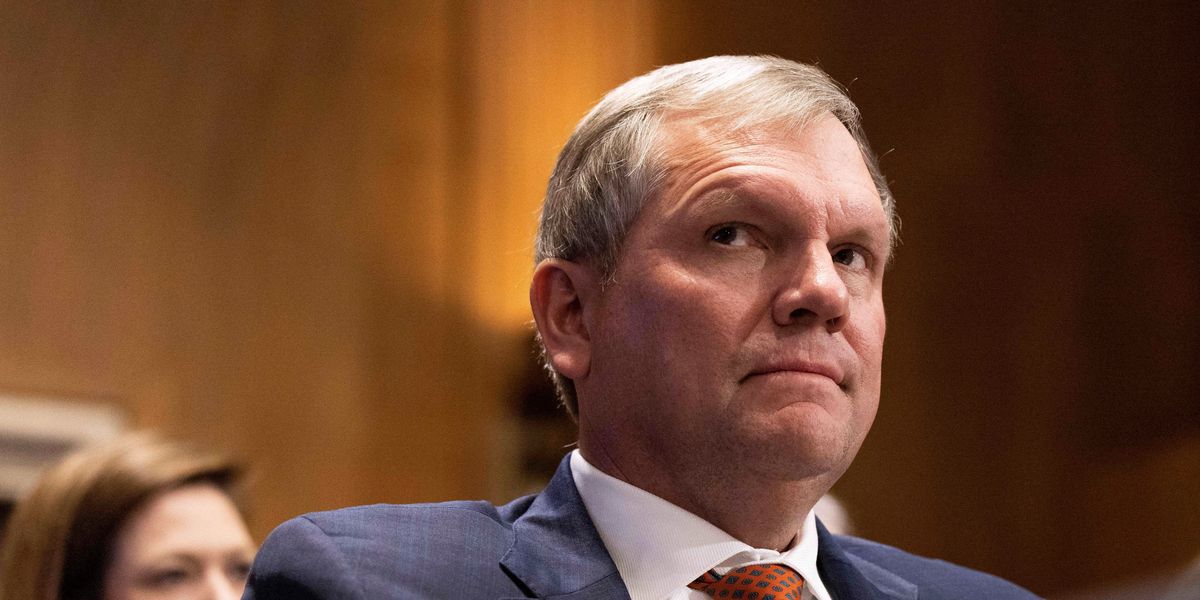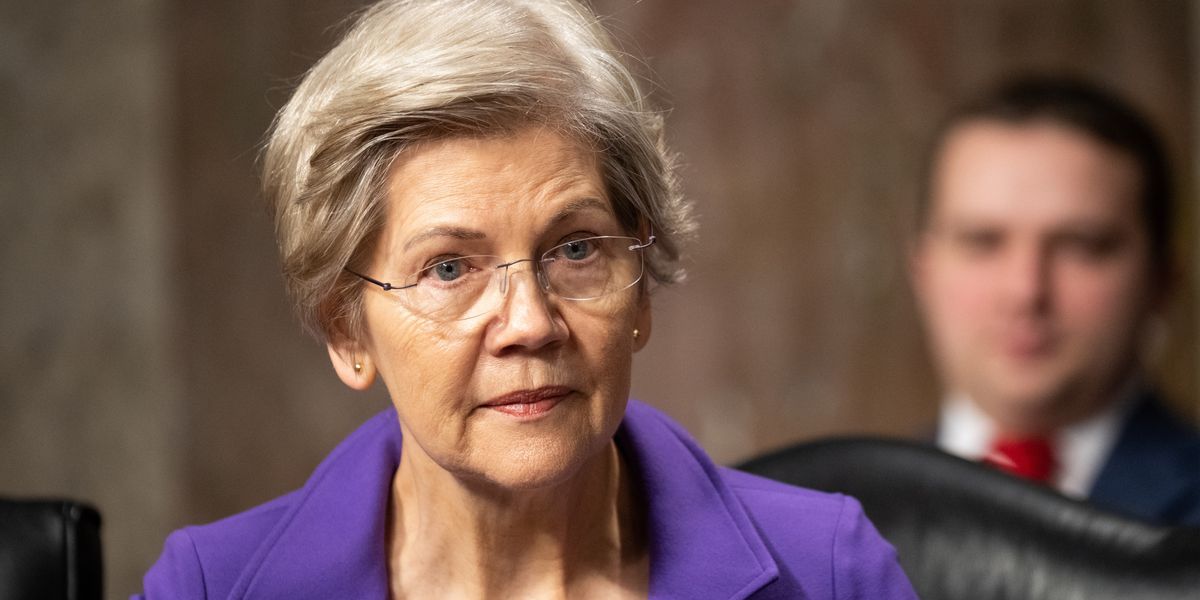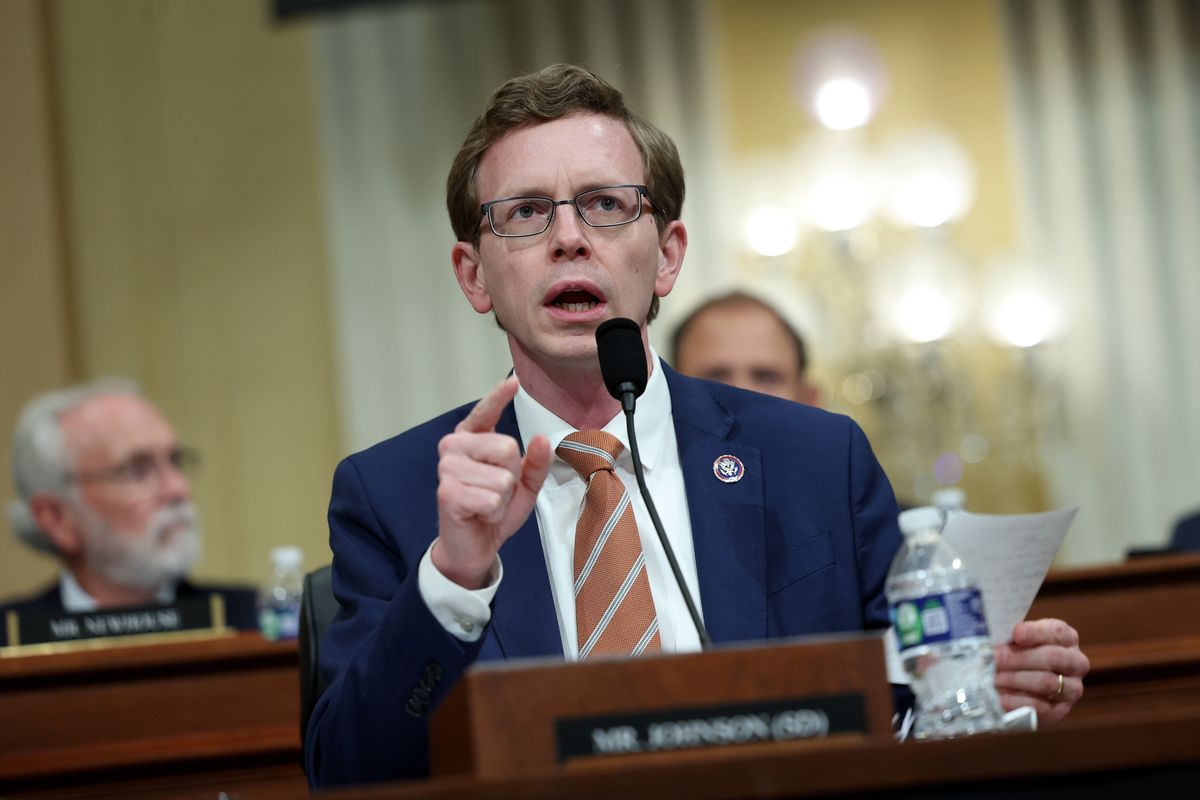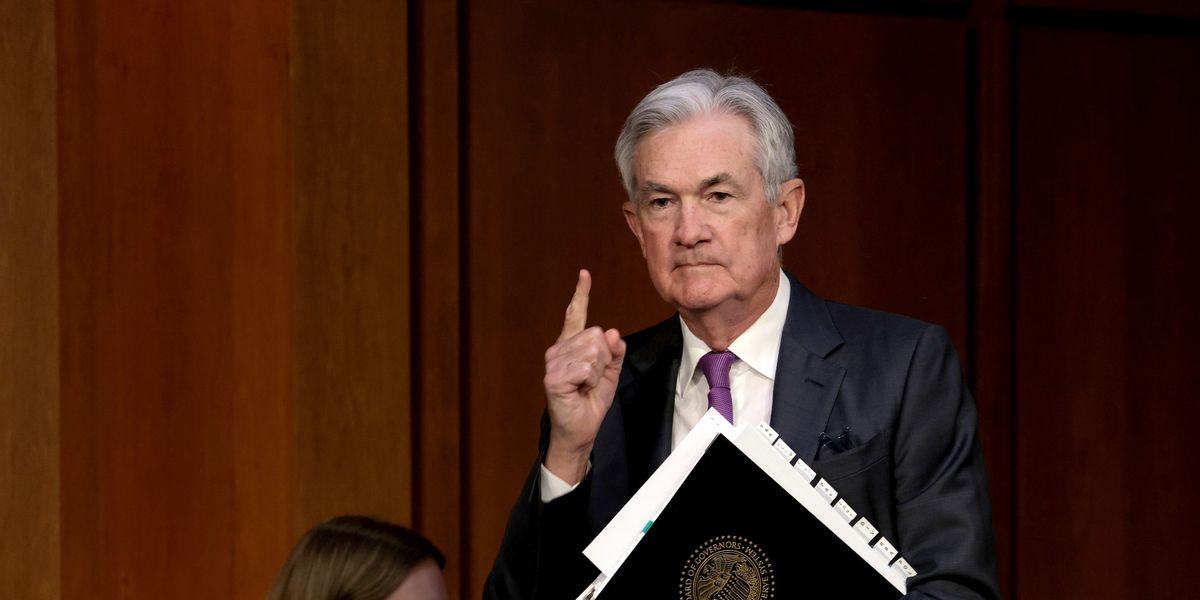
The Federal Reserve was the primary regulator of both Silicon Valley Bank and Signature Bank, whose back-to-back collapses sparked panic in financial markets and concerns about cascading impacts on the U.S. economy.
But despite immediate questions about the possible supervisory failures that allowed the banks’ crises to fester, Fed Chair Jerome Powell personally intervened over the weekend to block any mention of regulatory slipups in a joint statement on the federal government’s response to the situation.
The New York Times reported late Thursday that some Biden administration officials “wanted to include that lapses in bank regulation and supervision had contributed to the problems that helped fell” Silicon Valley Bank, whose collapse marked the second-largest bank failure in U.S. history.
But Powell, an ex-investment banker originally nominated by former President Donald Trump, “pushed to take the line on regulation out of the statement because he wanted to focus on the actions being taken to shore up the financial system,” according to the
Times, which cited an unnamed person familiar with the matter.
The resulting
statement issued Sunday by the Fed, the Treasury Department, and the Federal Deposit Insurance Corporation (FDIC) appeared to conform to Powell’s demand, not mentioning what Sen. Elizabeth Warren (D-Mass.) and watchdogs have described as glaring failures in supervision by the central bank.
The joint statement vaguely highlights “reforms that were made after the financial crisis that ensured better safeguards for the banking industry”—but neglects to mention that the Fed and Congress rolled back some of those rules in subsequent years, decisions that experts say set the stage for SVB and Signature Bank’s collapse.
“That sounds a lot like putting the institutional interests of Fed and personal interests of the chair above financial stability,” Americans for Financial Reform (AFR)
said in response to news of Powell’s intervention, which—according to The American Prospect‘s David Dayen—ended up delaying the release of the statement for “an indeterminate period of time.”
Dayen also reported Friday that the Fed “tried to influence” President Joe Biden’s statement on the bank failures and
bailout that followed.
Jeff Hauser, director of the Revolving Door Project,
wrote on Twitter that “Biden should have never renominated Powell,” calling the Fed chair “an abomination.”
While Biden’s Sunday
statement doesn’t specifically mention regulatory failures, the president—who renominated Powell in late 2021—said in prepared remarks the following day that “there are important questions of how these banks got into these circumstances in the first place.”
“During the Obama-Biden administration, we put in place tough requirements on banks like Silicon Valley Bank and Signature Bank, including the Dodd-Frank Law, to make sure the crisis we saw in 2008 would not happen again,” Biden said. “Unfortunately, the last administration rolled back some of these requirements. I’m going to ask Congress and the banking regulators to strengthen the rules for banks to make it less likely that this kind of bank failure will happen again and to protect American jobs and small businesses.”
Biden was referring to a
2018 measure passed by the then-Republican-controlled Congress with the support of dozens of Democrats—and with a public endorsement from Powell.
Emboldened by the Republican-authored law—which weakened regulations for banks with between $50 billion and $250 billion in assets—the Fed under Powell’s leadership proceeded to go well beyond the measure’s mandates “by relaxing regulatory requirements for domestic banking institutions that have assets in the $250 to $700 billion range,” then-central bank governor Lael Brainard
noted in October 2018.
Brainard went on to caution, presciently, that the Fed’s deregulatory actions would “weaken the buffers that are core to the resilience of our system” and result in “increased risk to financial stability and the taxpayer.”
“Make no mistake: your decisions aided and abetted this bank failure, and you bear your share of responsibility for it.”
As Dayen wrote Friday, “Silicon Valley Bank had billions in unrealized losses on its balance sheet that it hoped to avoid having to surface.”
“It also had a tightly correlated, mostly uninsured depositor base, all largely from one industry and connected to each other, that represented significant flight risk if there were any signs of trouble,” he added. “The rapid growth at the bank and its significant mismatch for liquidity purposes should have had the system flashing red.”
Dennis Kelleher, the president of Better Markets,
expressed a similar sentiment earlier this week, noting that “the Fed has much more and superior knowledge, information, expertise, and access to banks than short sellers, rating agencies, and the media, yet they all appear to have done a much better job at identifying the very serious risks at SVB than the Fed.”
In a
letter to Powell on Thursday, Warren—one of the Fed chair’s most outspoken critics in Congress—laid out in detail what she characterized as the central bank’s “astonishing list of failures” that contributed to the collapse of Silicon Valley Bank and Signature Bank.
“As chair of the Fed, you have led and vigorously supported efforts to weaken the regulations that would have subjected banks like SVB and Signature to stronger liquidity requirements, more robust stress testing, and routine resolution planning obligations,” the Massachusetts Democrat wrote. “Make no mistake: your decisions aided and abetted this bank failure, and you bear your share of responsibility for it.”
In response to the Times‘ reporting, Warren tweeted Friday that “the Fed chair’s outrageous attempt to muzzle the rest of the government about his role in contributing to this current crisis is completely inappropriate—and it won’t work.”
“Congress needs to step in to fix these mistakes before things get even worse,” added Warren, who introduced legislation earlier this week that would repeal a key section of the 2018 bank deregulation law.
This story has been updated to include Sen. Elizabeth Warren’s reaction to the reporting on Fed Chair Jerome Powell’s intervention.
This post was originally published on Common Dreams.

